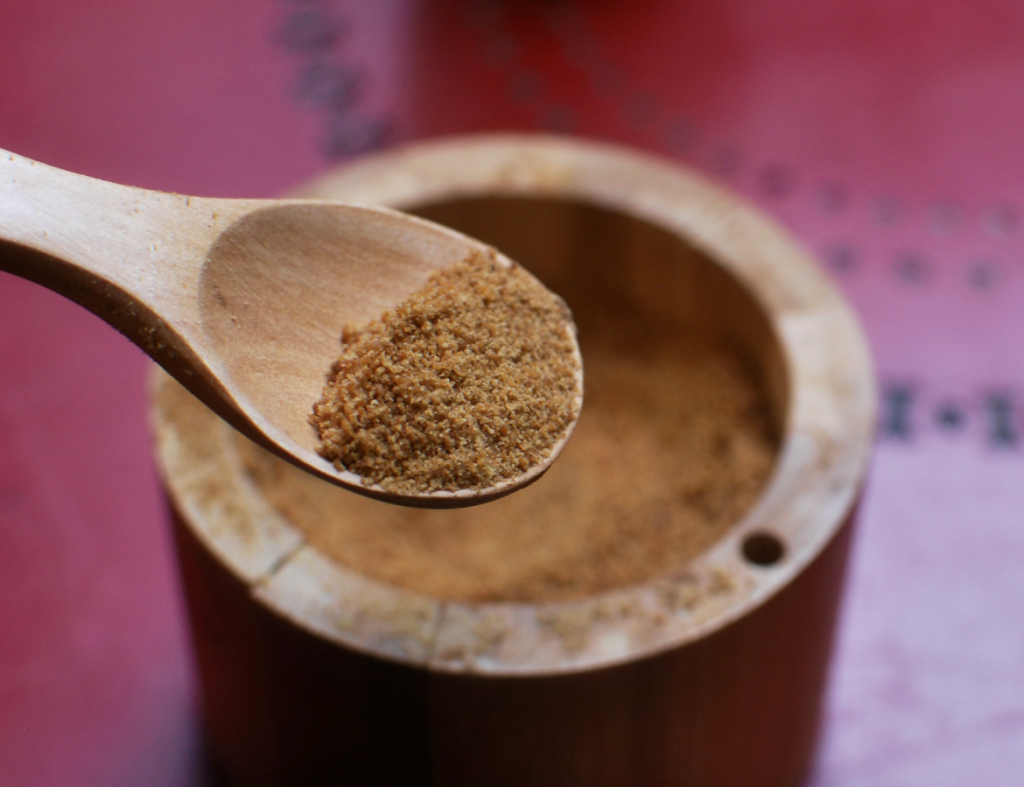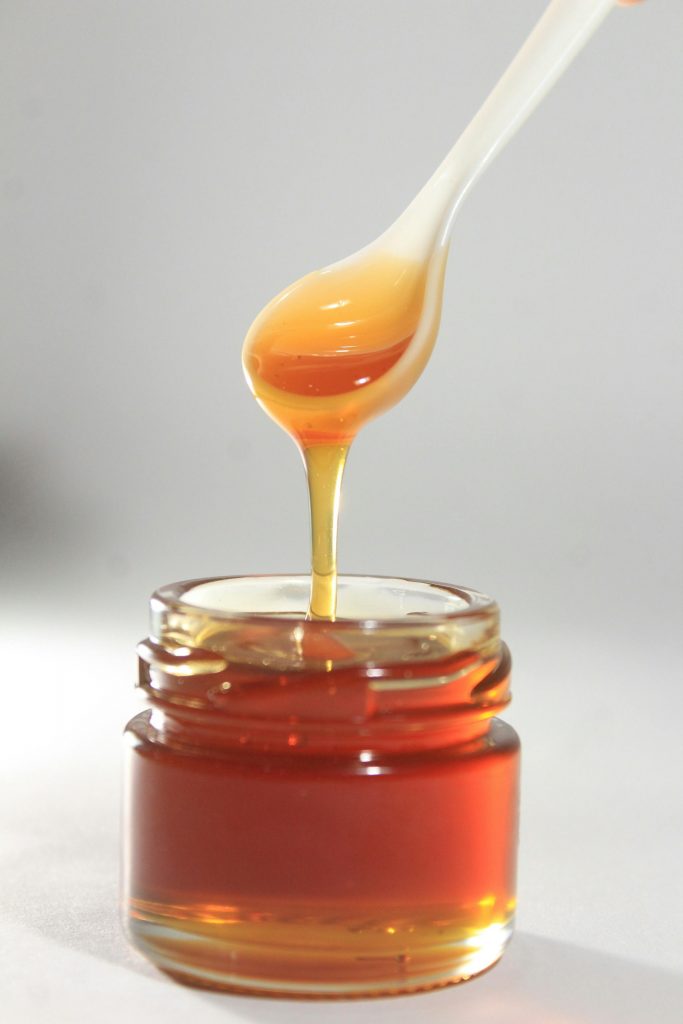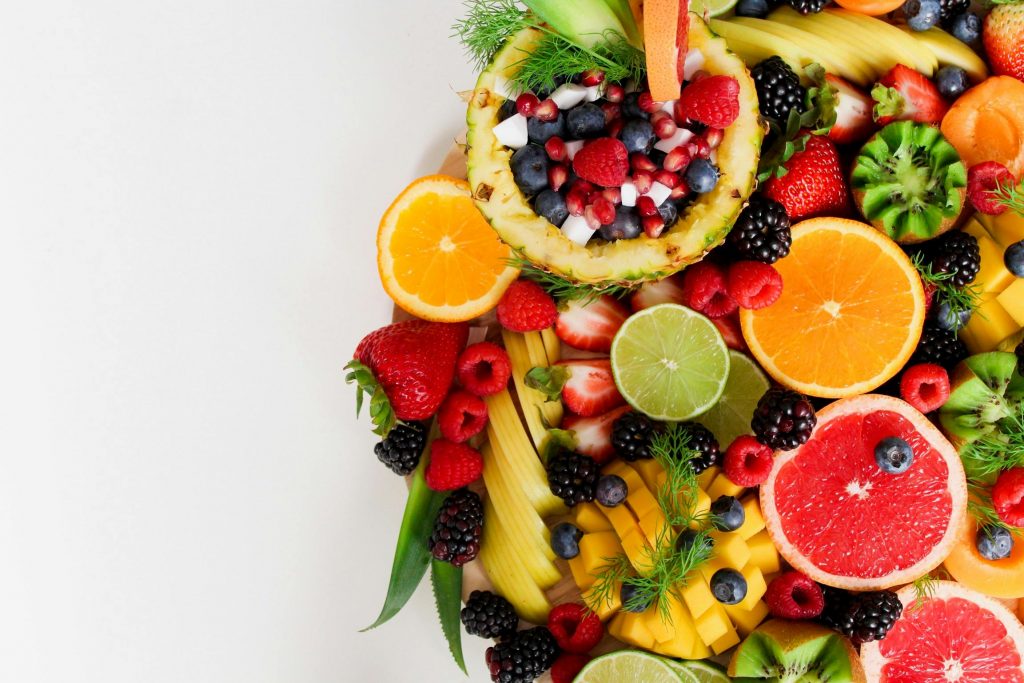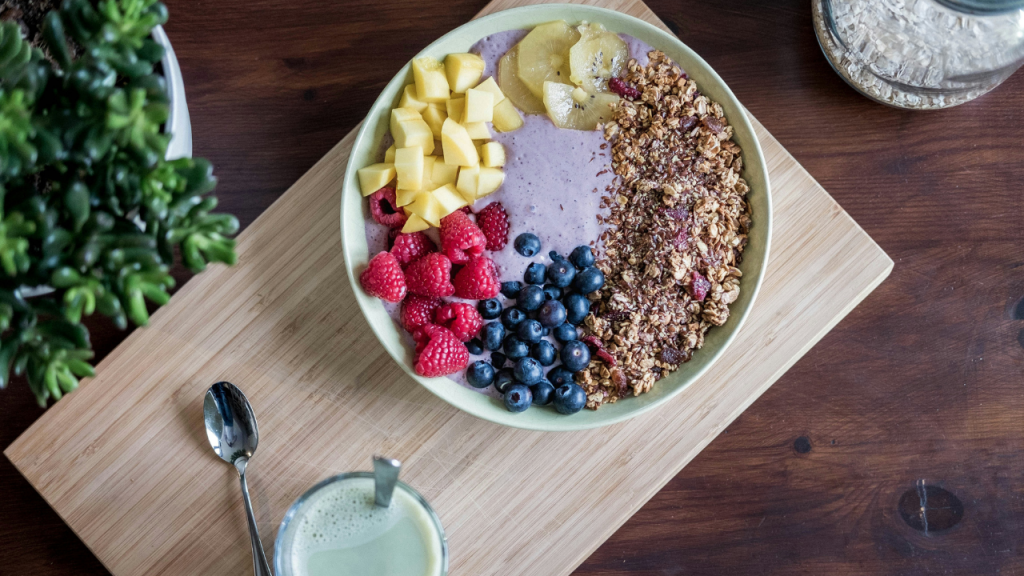Cutting down on sugar isn’t as simple as it may seem! You may have stopped adding sugar to your coffee, and you may have even found an alternative dubbed by health enthusiasts as the ‘better’ choice. However, several sneaky forms of sugar fly under the radar, that you might not be aware of:
Coconut sugar
Many health-conscious recipes tout coconut sugar as a healthier alternative to refined sugar. However, while coconut sugar contains trace amounts of nutrients like iron, zinc, and antioxidants, it still consists primarily of sucrose, glucose, and fructose, making it a source of added sugars.

Coconut sugar is often used to sweeten granola and cereal blends marketed as ‘natural’ or ‘organic.’ Despite its slightly lower glycemic index compared to table sugar, it still contributes to overall sugar intake. Explore alternatives like date paste, maple syrup, or stevia for a lower glycemic index option.
Honey
Honey is a popular natural sweetener for hot beverages. Additionally, some salad dressings, marinades, and sauces incorporate honey for sweetness. While honey does boast antibacterial and antioxidant properties, it is primarily composed of sugars such as fructose and glucose, making it a concentrated source of sweetness.
Be mindful of portion sizes and consider using spices like cinnamon or nutmeg to add flavour without added sweetness.

ALSO READ: Explaining healthy carbs + 4 low-carb alternatives
Fruit
While fruit smoothies may seem like a healthy choice, they can pack a hefty sugar punch, especially when combined with sweetened yogurt or fruit juice. While fruits contain natural sugars along with fiber and essential nutrients, blending them into smoothies can concentrate their sugar content.
Opt for whole fruits or frozen fruits without added sugars for smoothies – even then, make ensure that you’re eating in moderation. If you’re going for a yoghurt parfait for brekkie, choose plain, unsweetened yoghurt and add your own fresh fruit for sweetness. If you’re using canned fruit, look for options packed in water or their own juices rather than syrup.

Agave nectar
Agave nectar is commonly used as a sweetener in cocktails and mixed drinks, and sometimes as a sugar ‘alternative’ in baking, and in condiments. While agave nectar has a lower glycemic index compared to table sugar, it also consists of primarily of fructose and glucose.
Explore alternatives like stevia for sweetening beverages and when baking, experiment with natural sweeteners like mashed bananas or applesauce to reduce added sugars.
ALSO SEE: Everything you need to know about following a fruitarian diet
Everything you need to know about following a fruitarian diet
Article was written and published by Amy Steenkamp for Woman&Home.
Feature image: Pexels

